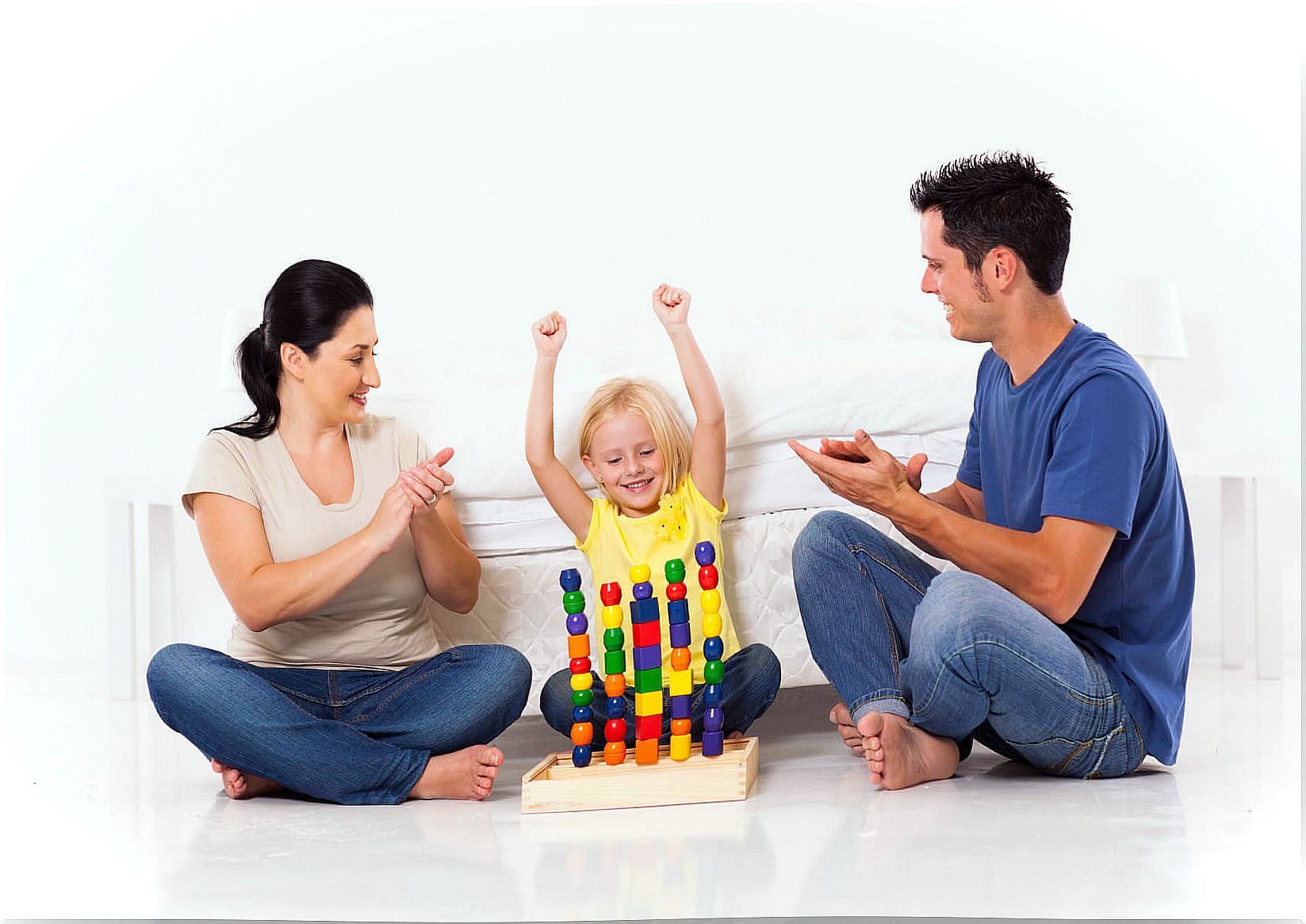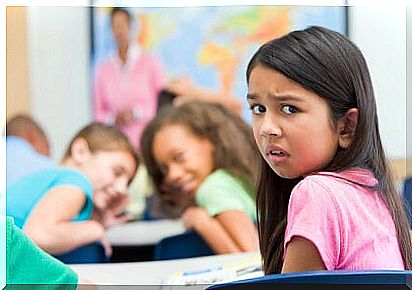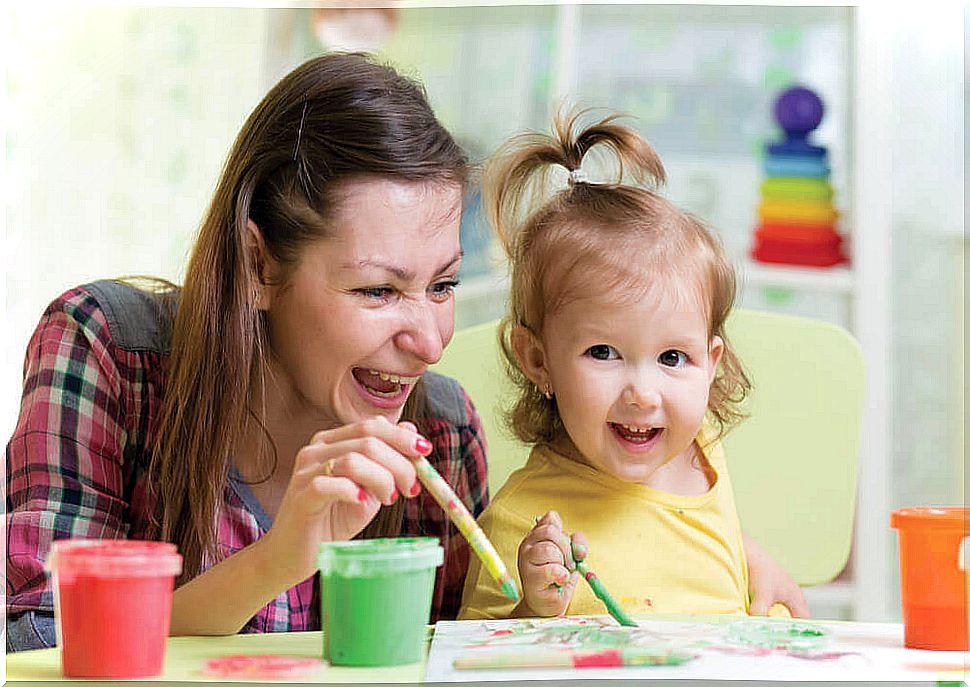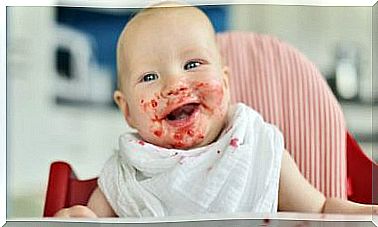How Praise Affects Children

Improving the way you praise your child has a decisive impact on his development, especially in the academic sphere. Carol Dweck, who is a renowned American scientist, has especially studied how praise affects children’s development.
The conclusions he has reached in his work have led many professionals in educational centers in the United States to erase from the map the accolades that only focus on praising intelligence.
Part of the research done by the renowned Stanford University psychologist, consisted of doing an experiment in which they gave certain tasks to three groups of children.
One group was praised for intelligence and praised with phrases such as: ” How smart you are”, the other was praised for effort and said things like: “You have tried very hard” and the other was the control group that did not They did any kind of praise.
The results were amazing. Well, most of us would dare to think that the children whose intelligence was flattered stood out much more than the rest, but it is not so. It turns out that the members of this group preferred to do the simpler tests and that they also gave up much earlier than the rest when they encountered difficulties.
An attitude totally opposite to that of children whose effort was praised, who, unlike the “smartest” decided to face more difficult tests, and if they were wrong they tried to solve them for longer. Their attitude, in general, was much more positive than that of the group “of the smart ones”, who in general had a more defeatist attitude.
Praising intelligence can lead a child not to take on new challenges

Why is this happening? How is it that a child whose intelligence is praised shows a defeatist attitude? There are several explanations: One of them is that children is that this type of praise invites children to perceive intelligence and talent as an innate quality and not as a skill that can be developed through practice and effort.
Another explanation for this type of thinking, called by the scientist as a fixed mentality, is offered by Dr. John Medina, author of the best-seller “Brain Rules for Baby”, who argues that when the child receives this type of praise that only exalts his intelligence, you may begin to perceive your mistakes as a hopeless lack of ability, and your successes as a product of your innate abilities.
Another of the conclusions of this scientific work points out that children whose intelligence is constantly praised – without praising their effort – try to maintain the image that their interlocutor has made of them; That is why they avoid doing more difficult tests and taking on new challenges, as doing so increases the chances of failure and therefore of looking like “fools.”
Perhaps the most serious of all this is that with this type of praise you could discourage a child from taking on future challenges and this happens because by praising intelligence in an empty way you reinforce in the child the idea of error as something negative and not as a key towards success.
Praising your children’s efforts is much more positive

A child who receives praise for his effort learns to see success as the result of constant work and effort, which is not an innate quality but a possibility of growth open to all.
And encouraging these kinds of thoughts helps your child see mistakes or failures as the result of lack of practice or experience, which is not a hopeless circumstance.
Thus, children who are praised for their effort and not for the result of their actions learn to be persistent and to see that if they try even harder they will be able to face the challenges that come their way even if they have to try a thousand times and the way He will teach them that perseverance will lead to success.
In addition, the investigations of Carol Dweck determined that the group of children who were praised for their efforts had caused the impression that they were hard workers, so they could maintain that image by trying harder and harder and choosing increasingly difficult tasks even if they had to solve them. than take more time.
What kind of compliments should you give your kids?
The results of the studies carried out by this psychologist have triggered the elimination of praise for intelligence by professionals in many educational centers in the United States, which have been replaced by other types of praise.
The ideal, according to Dr. Dweck, is not only to praise the effort but also that the comments that are made invite reflection and propose alternative strategies, otherwise they will produce the same results as the praise made to intelligence.
It is very positive to eradicate that common mistake among parents of applauding the final result, which includes congratulating the child for the grade they have obtained after taking an exam or for having excelled in a sports practice.
Try to eliminate that common phrase: “I am so proud of you, you are so smart!” And replace them with those that focus more on the strategies used, the improvement that was achieved, or the effort invested. In that case, you can say, for example: “What a good job, show me how you did it,” or “I’m very proud of you, you must have studied a lot!” This type of praise encourages your child to learn to try harder.









